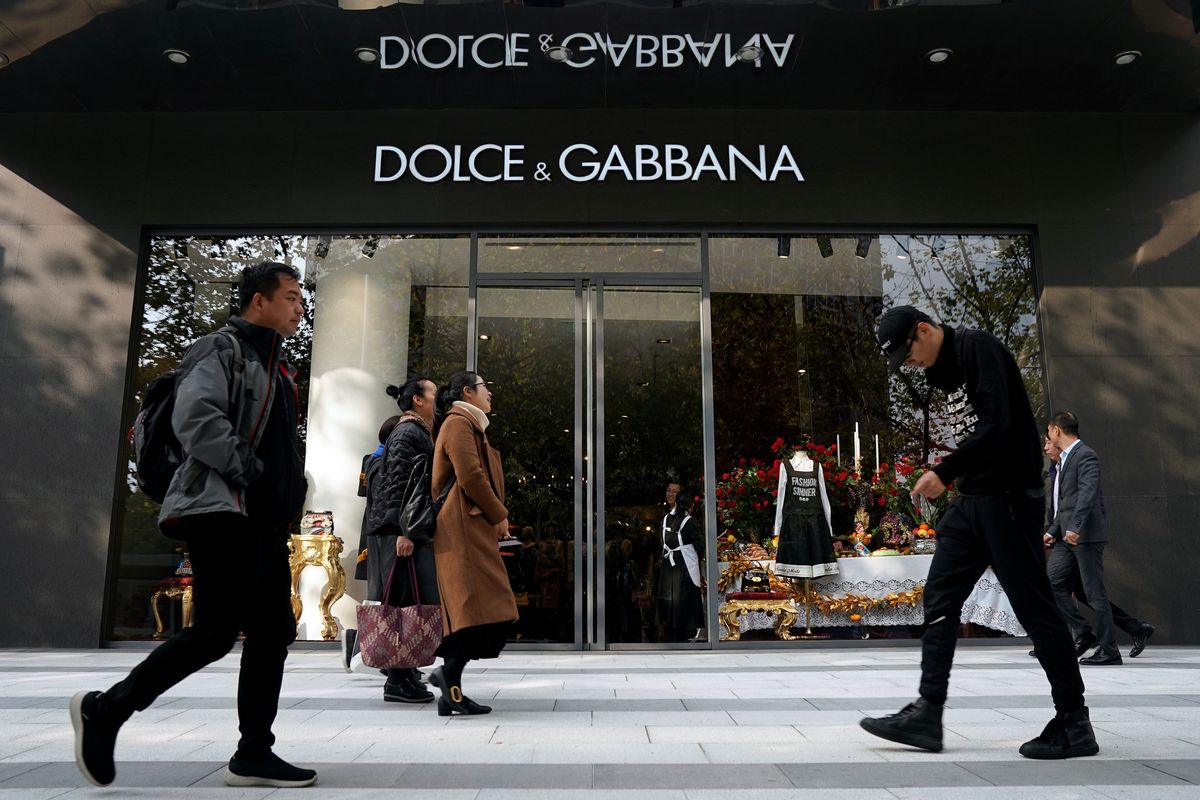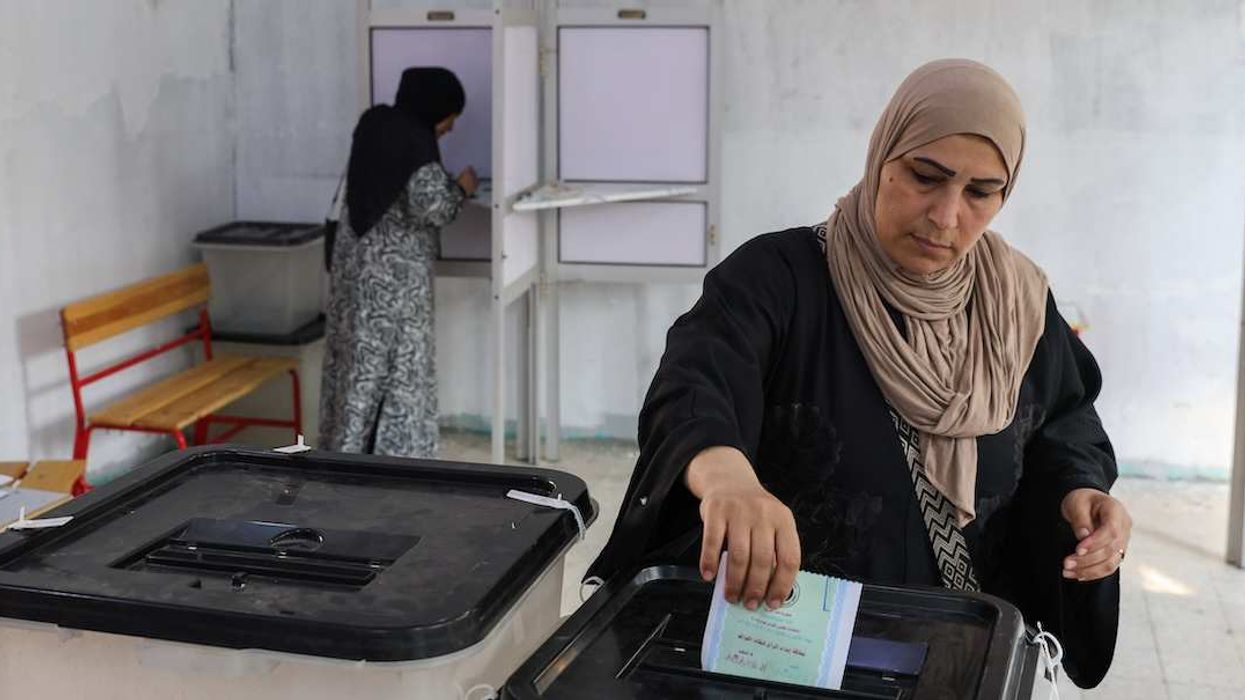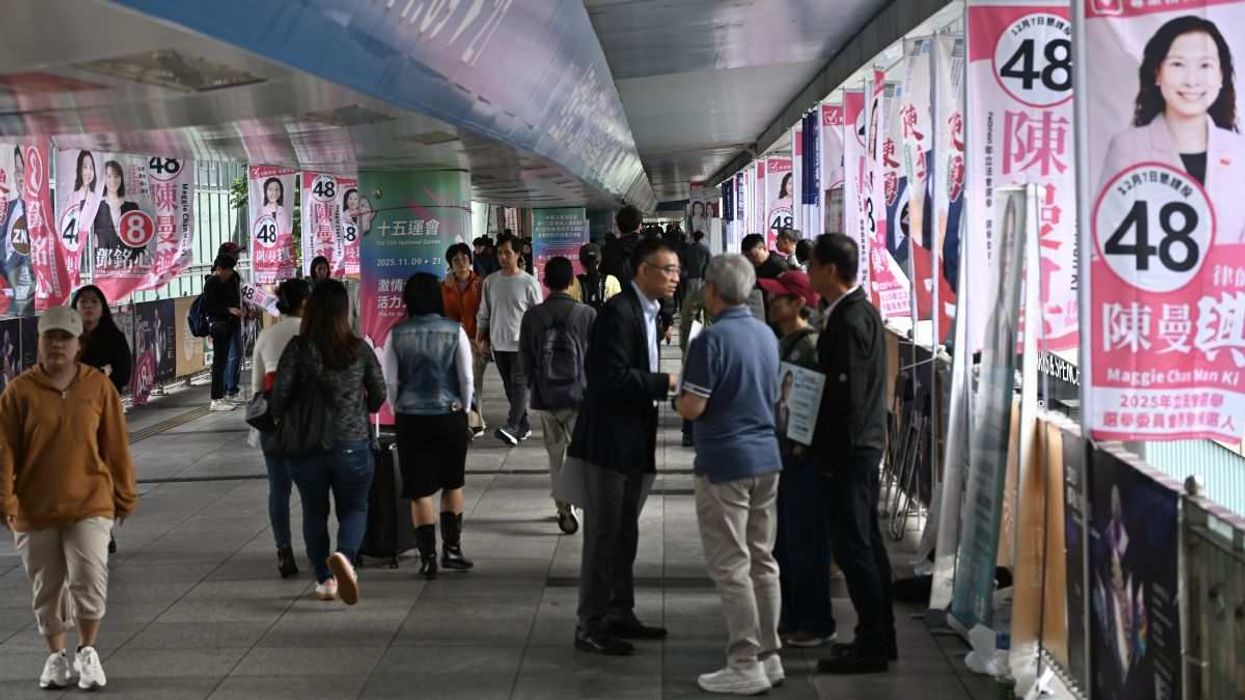Here's a pro-tip for companies seeking to do business in China: Don't make fun of Chinese people eating with chopsticks. Not even if you are an irreverent Italian fashion house that has always loved controversy. Today's China is having none of it.
Luxury couture brand Dolce & Gabbana learned this lesson the hard way last week, when it was forced to cancel a major Shanghai show after a backlash against the event's marketing campaign.
It all began with a video ad that mocked, with a touch of sexual innuendo, a Chinese model's inability to eat various Italian foods with chopsticks. Chinese social media lit up with understandable complaints that the ad was condescending and offensive, prompting D&G to pull it from some local platforms. But when critics came at D&G's impetuous co-founder Stefano Gabbana on Instagram, things went haywire fast: after first defending the ad, Gabbana then appeared to let loose a barrage of demeaning and profane posts about Chinese people and culture.
He and D&G later apologized, claiming his account was hacked. But the damage was already done: the story (quite possibly with help from China's official internet influencers) quickly spread on line, and dozens of Chinese A-listers pulled out of the show. As a result, D&G cancelled the event just hours before it was set to begin.
On the one hand this is a story about an incredibly stupid and tin-eared marketing decision. But it's also a story about how an increasingly wealthy and powerful China is now able to set the conditions of engagement even with the West's biggest brands. The country's massive middle class – the world's largest – is an indispensable market for most global companies. Access to that market increasingly comes on China's own terms. In some cases that's about the government forcing foreign firms to hand over technology or recognize China's position on Taiwan. But in this case, it's about a public Chinese backlash against a case of cringe-worthy (and costly) Western arrogance. Capisci?



















